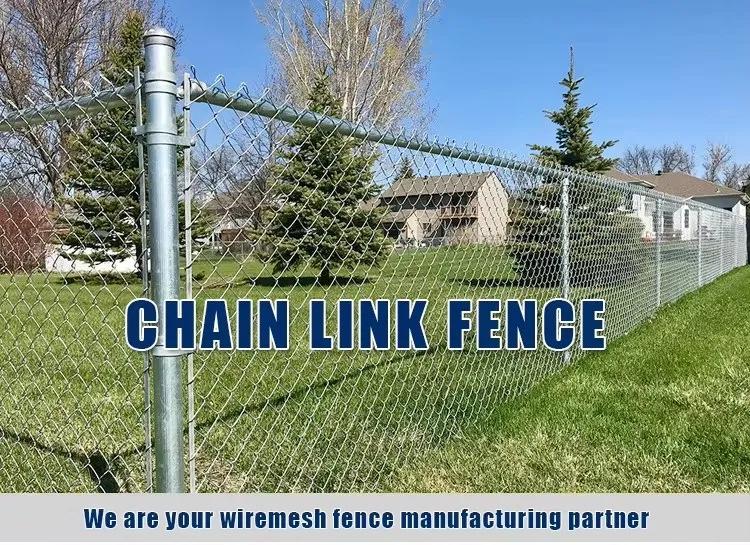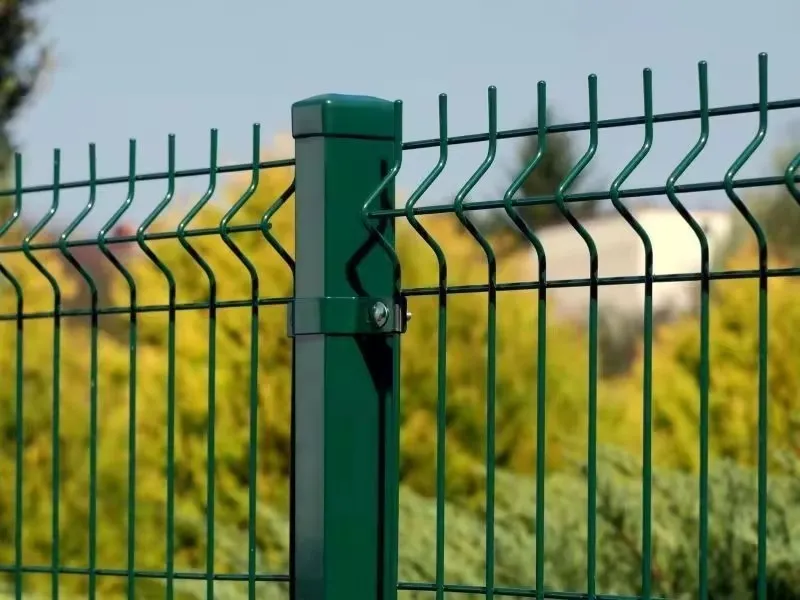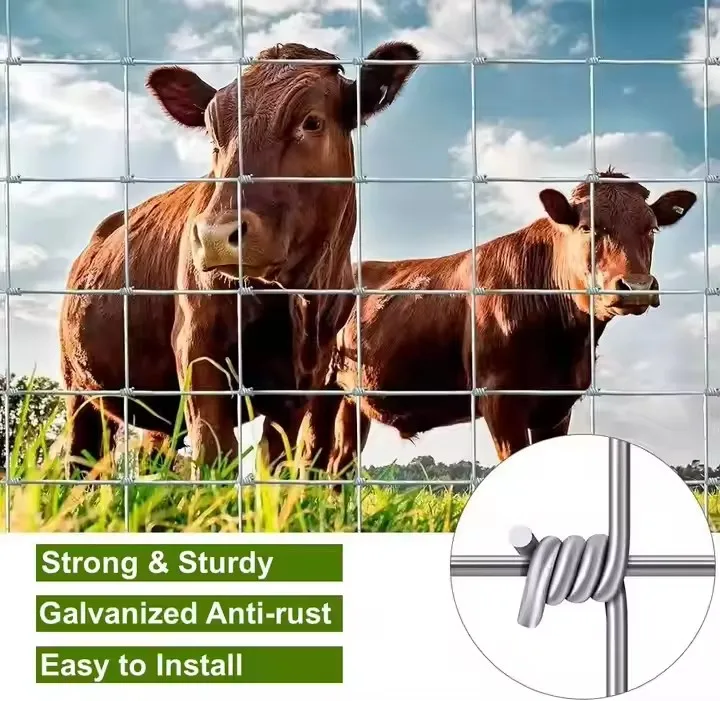- afrikkalainen
- albanialainen
- amhara
- arabialainen
- armenialainen
- Azerbaidžani
- baski
- valkovenäläinen
- bengali
- bosnialainen
- bulgarialainen
- katalaani
- Cebuano
- Kiina
- Kiina (Taiwan)
- Korsikalainen
- kroatialainen
- Tšekki
- Tanskan kieli
- Hollannin kieli
- Englanti
- esperanto
- Virolainen
- Suomalainen
- Ranskan kieli
- friisi
- Galicialainen
- Georgian
- Saksan kieli
- kreikkalainen
- gudžarati
- Haitin kreoli
- hausa
- havaijilainen
- heprealainen
- Ei
- Miao
- Unkarin kieli
- islantilainen
- igbo
- Indonesialainen
- irlantilainen
- italialainen
- japanilainen
- jaavalainen
- kannada
- kazakki
- khmerit
- Ruanda
- Korealainen
- kurdi
- Kirgisia
- Työvoimaa
- Latina
- Latvialainen
- liettualainen
- luxemburgilainen
- makedonialainen
- Malgashi
- malaiji
- malajalami
- maltalainen
- maori
- marathi
- mongolialainen
- Myanmar
- Nepali
- Norjan kieli
- Norjan kieli
- Oksitaani
- pashto
- persialainen
- Kiillottaa
- Portugalin kieli
- Punjabi
- romanialainen
- Venäjän kieli
- samoalainen
- Skotlannin gaeli
- serbia
- Englanti
- Shona
- Sindhi
- sinhala
- Slovakian
- slovenialainen
- somali
- Espanja
- sundalainen
- swahili
- Ruotsin kieli
- Tagalog
- tadžiki
- tamili
- tatari
- telugu
- thaimaalainen
- turkkilainen
- Turkmenistan
- ukrainalainen
- urdu
- uiguuri
- uzbekki
- vietnam
- Walesin
- auta
- jiddish
- joruba
- zulu
kesä . 04, 2025 14:18 Takaisin listalle
Types of Wire Mesh
In today's rapidly evolving industrial landscape, choosing the right types of wire mesh can significantly impact the success of a project. Whether it's for filtration, fencing, reinforcement, or architectural design, wire mesh plays a critical role in functionality and durability. The most common types include welded wire mesh, woven wire mesh, expanded metal mesh, and crimped mesh—each engineered to serve a unique set of purposes across industries.
Welded wire mesh is highly popular for structural reinforcement and fencing due to its rigidity and strength. Woven wire mesh offers flexibility, making it ideal for filtration and screening applications. Expanded metal mesh, created by slitting and stretching sheets, provides excellent grip and ventilation for platforms and safety guards. Crimped mesh is perfect for heavy-duty tasks like mining and quarry screening, thanks to its interwoven crimped wires that prevent shifting.
Understanding the wide array of types of wire mesh available allows engineers, architects, and manufacturers to make informed decisions. Proper mesh selection contributes to the efficiency, safety, and longevity of structures and machinery, especially in demanding environments.

Wire Mesh Manufacturers and Their Role in Industrial Precision
The role of reputable wire mesh manufacturers cannot be overstated. Quality assurance, dimensional accuracy, and material consistency are vital for performance. Manufacturers with state-of-the-art facilities utilize advanced weaving, welding, and finishing technologies to produce high-performance meshes that meet global standards.
Leading wire mesh manufacturers often provide custom solutions tailored to client specifications, including mesh count, wire thickness, sheet size, and material grade. Stainless steel, galvanized steel, aluminum, and copper are among the most commonly used materials. These manufacturers also comply with international certifications such as ISO 9001, ensuring that their products meet rigorous industry demands.
Working directly with experienced wire mesh manufacturers also ensures access to a wide portfolio of mesh types and services, such as laser cutting, rolling, powder coating, and edge trimming. Moreover, professional manufacturers are able to deliver consistent product batches, timely logistics, and expert technical support, which is crucial for industries such as construction, oil and gas, mining, food processing, and agriculture.

Optimizing Wire Mesh Dimension for Specific Applications
Selecting the correct wire mesh dimension involves more than just choosing a random size or pattern. It is a calculated decision based on application-specific requirements such as load-bearing capacity, material flow, visibility, or airflow. Wire mesh dimensions typically include wire diameter, mesh count (number of openings per linear inch), opening size, and sheet size.
For instance, in concrete reinforcement, thicker wire diameters with lower mesh counts provide higher tensile strength. In contrast, air filters or sieves use fine mesh with high mesh counts and smaller wire diameters for precision. Security fences, machine guards, and architectural panels often balance aesthetics with durability, requiring intermediate wire gauges and carefully measured opening sizes.
When engineers and procurement teams consider wire mesh dimension during the design phase, it enhances both the functionality and lifecycle of the end product. Additionally, it helps in avoiding wastage, reducing fabrication time, and minimizing maintenance costs.

Why Knowing Different Types of Wire Mesh Matters to Design and Engineering
Choosing among various types of wire mesh affects both performance and cost-efficiency. While many industries may default to standard products, specialists recognize that different mesh types offer distinct advantages. For example, stainless steel woven mesh is perfect for filtration systems due to its chemical resistance and strength, while galvanized welded mesh is ideal for external fencing due to its corrosion protection and affordability.
Architects and interior designers are increasingly utilizing decorative meshes in their projects. Expanded and crimped metal meshes can be powder coated in various colors and customized into eye-catching forms without compromising strength. In agriculture, plastic-coated wire meshes help prevent animal injury while withstanding exposure to moisture.
Understanding the characteristics of each type of wire mesh ensures that materials are not only fit-for-purpose but also enhance the design aesthetics, safety compliance, and operational reliability of any given system.
The Future of Wire Mesh: Customization, Sustainability, and Innovation
As technology advances, wire mesh manufacturers are pushing the boundaries of what is possible in mesh production. Today’s industry demands not just durability but also sustainability and intelligent design. Many manufacturers now offer recyclable metal meshes, low-VOC coatings, and energy-efficient production methods.
Customization remains a key trend, especially for industries such as aerospace, automotive, and architecture. From micro-mesh filters to large-format decorative screens, the ability to customize wire mesh dimension and mesh configuration is transforming design capabilities. Innovations such as hybrid materials, smart coatings, and multi-layered meshes are also expanding the applications of wire mesh into emerging areas like smart infrastructure and renewable energy systems.
As the demand for efficiency and environmental responsibility grows, manufacturers are evolving to produce wire meshes that are lighter, stronger, and more sustainable than ever before.

wire mesh dimension FAQs
What are the most common types of wire mesh and their uses?
The most common types include welded wire mesh, woven wire mesh, expanded metal mesh, and crimped wire mesh. Welded mesh is used in construction for reinforcement and fencing. Woven mesh is ideal for filtration and screening. Expanded mesh is often used in platforms, grilles, and safety guards due to its strength and ventilation. Crimped mesh is excellent for mining and heavy industrial use because of its structural rigidity.
How do I choose the right wire mesh dimension for my project?
Choosing the right dimension involves understanding the application requirements: strength, flexibility, airflow, and aesthetics. For example, if you're using mesh for sieving or filtration, you'll need a finer mesh count and thinner wire. For load-bearing or structural tasks, thicker wire and larger openings may be needed. Consulting with experienced manufacturers can help determine the most suitable dimension for your specific needs.

Are all wire mesh manufacturers the same in terms of quality?
No, quality can vary greatly among manufacturers. Reputable wire mesh manufacturers invest in modern equipment, use high-quality raw materials, and comply with international standards. They also offer customization services and maintain consistent production quality. Low-cost suppliers may cut corners on material or dimensional accuracy, leading to subpar performance or even failure in critical applications.
Can wire mesh be used for decorative or architectural purposes?
Absolutely. Wire mesh is widely used in architectural applications like building facades, partitions, and ceilings. It provides a combination of aesthetics, ventilation, and durability. Various types of wire mesh such as expanded and woven mesh can be custom-colored or patterned to suit modern design trends. It's also popular in retail, hospitality, and public infrastructure projects.
Is wire mesh recyclable or environmentally friendly?
Yes, most metal wire meshes are fully recyclable. Stainless steel and aluminum meshes are particularly sustainable as they can be reused without losing structural integrity. Many modern manufacturers adopt green practices such as energy-efficient production and the use of eco-friendly coatings, making wire mesh a reliable choice for sustainable construction and manufacturing.
-
Durable River Bank Gabion Mesh Solutions for Protection
UutisetNov.17,2025
-
Durable and Reliable cbt-65/60 Razor Barb Wire for Security Fencing
UutisetNov.17,2025
-
Rock Filled Gabion: Durable Solutions for Industrial Landscaping
UutisetNov.17,2025
-
Durable 2.1*2.4m Australia Std Galvanized Temporary Fence
UutisetNov.17,2025
-
Durable PVC Coated Temporary Fence Solutions for Industrial Sites
UutisetNov.17,2025
-
358 Anti Climb Welded Wire Mesh Fence - Anti-Cut Security
UutisetNov.17,2025



